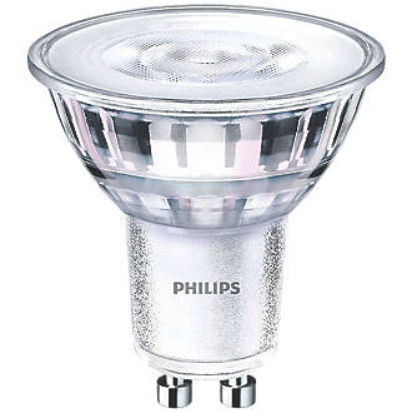Identity theft is one of the fastest-growing crimes in the United States. Every year, millions of people have their identities stolen, and it can take months or even years to recover from the damage. The best services for ID monitoring can help, but technology alone won’t protect you.
Identity theft is a technology-driven crime that threatens the security of personal information online. With technology making storing and accessing data easier, identity thieves have more opportunities than ever to acquire sensitive information and commit fraud. If you want to stay safe from identity theft, here are seven tips you can use to protect yourself:
Keep Your Technology Secure
When it comes to technology, always ensure your devices are protected. Use strong passwords and two-factor authentication, and update your software regularly. Make sure you have anti-malware protection installed on all of your devices too. It will help protect against malicious websites or software.
Be Careful About What You Share Online
Your personal information should be kept private and secure. Avoid giving out your Social Security number, credit card number, or other sensitive data online unless necessary. If you share this type of information with a trusted site, ensure the connection is secure and that it uses encryption technology to protect your data.
Use Credit Cards Over Debit Cards

Credit cards are generally safer than debit cards for online shopping, as most have fraud protection. If your credit card information is compromised, you can often get a refund from the company if you have been the victim of identity theft. Additionally, many credit cards offer additional rewards or points that owners can use for travel or merchandise.
Monitor Your Accounts Regularly
It’s essential to monitor your accounts and review your credit report regularly. This will help you immediately spot any suspicious activity or signs of identity theft. You should also sign up for fraud alerts with the major credit bureaus to receive notifications if any suspicious activity is detected.
Secure Your Social Security Number
Your Social Security number should be kept secure and only shared when necessary. Ensure the company you share it with has a secure website and encryption technology to protect your data. It’s also important to monitor your credit report for any suspicious activity related to identity theft.
Avoid Public Wi-Fi and Unsecure Websites
Public Wi-Fi networks are not secure and can leave your information vulnerable to hackers or identity thieves. Ensure you only use secured websites with encryption technology when accessing sensitive accounts, such as online banking sites or other financial accounts.
Be Careful With Your Mail
 Identity thieves can steal your identity through your mail, so always use a secure mailbox and shred any documents containing personal or financial information before throwing them away. Additionally, never leave bills or other sensitive documents in plain view in your home or office.
Identity thieves can steal your identity through your mail, so always use a secure mailbox and shred any documents containing personal or financial information before throwing them away. Additionally, never leave bills or other sensitive documents in plain view in your home or office.
Following these seven tips can help protect yourself from identity theft and avoid becoming a victim. Stay alert and aware of your online activity and secure your technology. With the right precautions, you can protect yourself from identity fraud.


